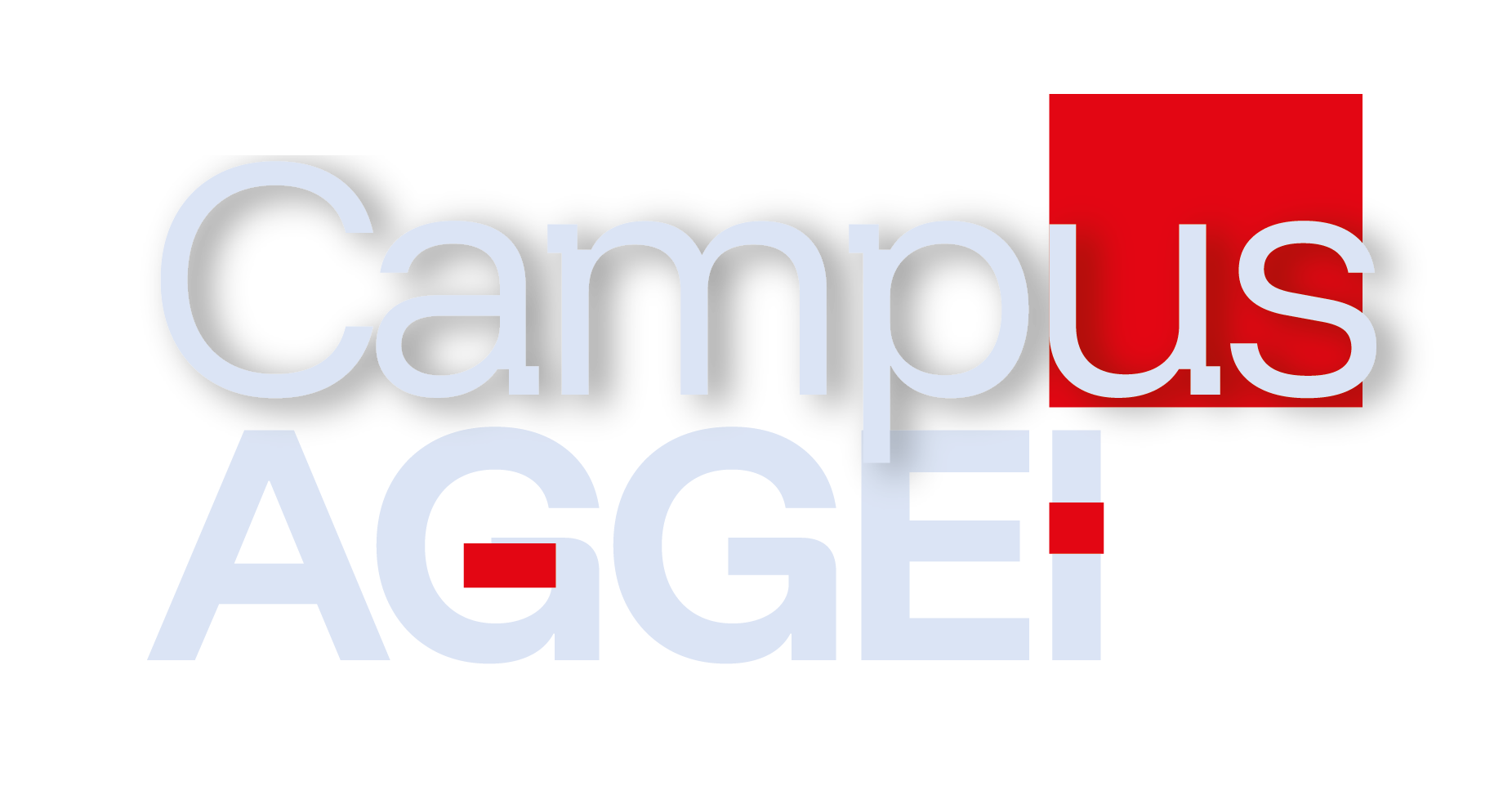AREA TEMATICA: General gastro
Authors:
Paola Zanetta1, Matteo Calgaro2, Monica Marotta3, Diletta Francesca Squarzanti1, Nicola Vitulo2, Marta Mellai4, Marta Allesina4, Angela Amoruso5, Marco Pane5, Mario Migliario3, Marta Armari1, Barbara Azzimonti1,*
Affiliations:
- Laboratory of Applied Microbiology, Center for Translational Research on Allergic and Autoimmune Diseases (CAAD), Department of Health Sciences (DiSS), School of Medicine, Università del Piemonte Orientale (UPO), Corso Trieste 15/A, 28100 Novara, Italy
- Department of Biotechnology, University of Verona, Strada le Grazie 15, 37134 Verona, Italy
- Dental Unit, Department of Translational Medicine (DiMeT), School of Medicine, Università del Piemonte Orientale (UPO), Via Paolo Solaroli 17, 28100 Novara, Italy
- Genomics and Transcriptomics Unit, Center for Translational Research on Allergic and Autoimmune Diseases (CAAD), Department of Translational Medicine (DiSS), School of Medicine, Università del Piemonte Orientale (UPO), Corso Trieste 15/A, 28100 Novara, Italy
- Probiotical Research S.R.L., Via Mattei 3, 28100 Novara, Italy
Background and aims:
Oral lichen planus (OLP) is an underdiagnosed chronic inflammatory condition of the oral mucosa, often linked to immune dysregulation and to a potential risk, yet not well-defined, of malignant transformation. Gut dysbiosis, which is linked to several autoimmune inflammatory disorders, could influence OLP development and progression1. As probiotics and vitamin D can also guarantee human oral and systemic health, we investigated whether they could be beneficial for OLP patients currently not under corticosteroid or antibiotic treatments.
Methods:
A total of 25 adult OLP patients with vitamin D deficiency (10-20 ng/mL) received 2,000 IU/day of vitamin D3 and a selected probiotic mixture (Limosilactobacillus reuteri LRE11-DSM33827, Lacticasebacillus rhamnosus LR04-DSM16605, Lacticasebacillus casei LC04-DSM33400) (Probiotical SpA, Novara, Italy) at ³1×10⁹ AFU&CFU/g/day for 16 weeks. Clinical assessments, lesion photography, and biological sample (i.e., saliva, serum, oral healthy and OLP lesional mucosa, and stool) collection were performed at baseline (T0) and post-intervention (T1= 16 weeks). Saliva and serum cytokine levels were quantified using Bio-Plex assays. Oral and faecal microbiota composition was analysed through 16S rRNA sequencing.
Results:
Following supplementation, significant changes were observed in salivary and serum cytokine levels, indicating potential immunomodulatory effects. Both oral and faecal microbiomes exhibited compositional changes indicative of improved microbial health. Alterations in microbial diversity and composition, with increased abundance of beneficial bacterial taxa, were recorded. Moreover, gut successful colonization by probiotic strains was confirmed through the post-treatment identification of Limosilactibacillus and Lacticaseibacillus among differentially abundant taxa.
Conclusions:
This in vivo analysis shows that vitamin D and selected probiotics exert immunomodulatory and microbiome-altering effects in OLP patients. These findings support the potential therapeutic role of combined supplementation in managing OLP-related inflammation and dysbiosis. Further studies with larger cohorts are warranted to validate these results and elucidate underlying mechanisms.
Bibliography:
- Yokomizo, S. et al. Dysbiosis of the gut microbiome may contribute to the pathogenesis of oral lichen planus through Treg dysregulation. Mucosal Immunology (2025) doi:10.1016/j.mucimm.2025.05.009.
- Zanetta, P. et al. Probiotics as Potential Biological Immunomodulators in the Management of Oral Lichen Planus: What’s New? IJMS 23, 3489 (2022).
VALUTA ABSTRACT
Vota ogni categoria
| Originality | |
| Clarity | |
| Rationale | |
| Objectives | |
| Endpoint measures | |
| Statistics | |
| Results | |
| Relevance | |
|
Media
|
|

|
|


